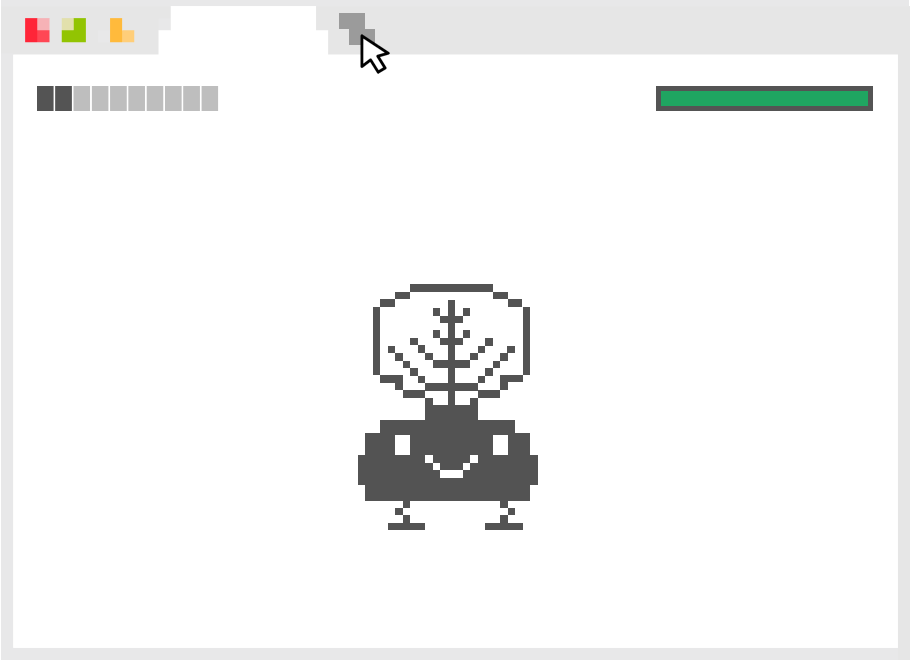Listen to the sound of Wikipedia’s recent changes feed. Bells indicate additions and string plucks indicate subtractions. Pitch changes according to the size of the edit; the larger the edit, the deeper the note.
Überraschend beruhigend. (via Adactio)

